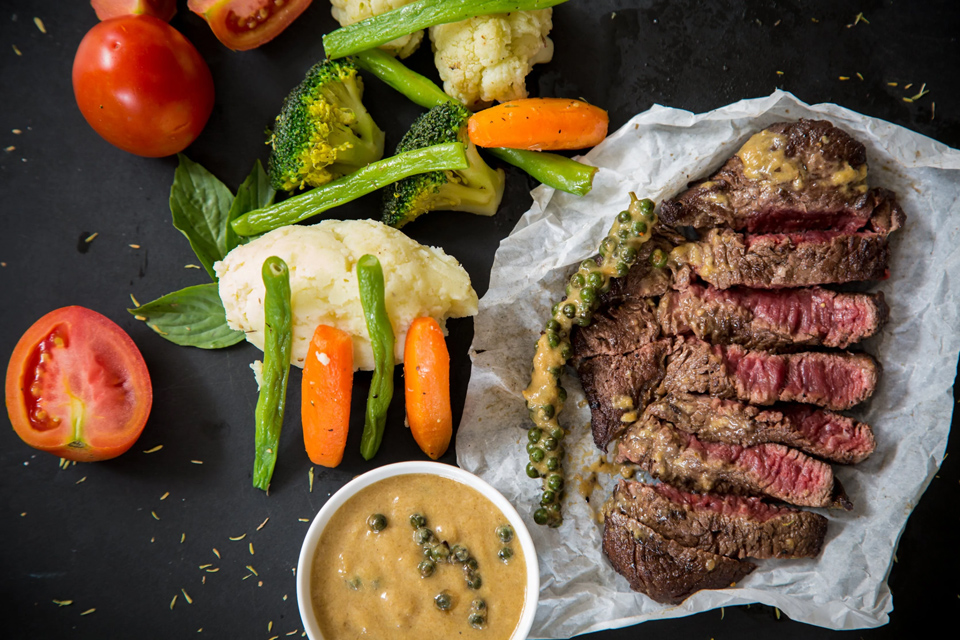3 minute read
Protein is an essential macronutrient responsible for many bodily functions, including building muscle tissue, creating new cells, and making hormones and antibodies. Everyone needs protein in their diet to lead a healthy lifestyle, and those who are engaging in sport or weight training will need more than others. Because protein is so important, especially in the fitness industry, it is one of the most talked-about macronutrients, so how can you make sure you’re getting enough? The answer is relatively simple.
1. Work out how much you need
Before you start worrying about being deficient in protein, do you know how much protein you need? For the average person, around 1g of protein per 1kg of body weight is ideal, which means that a 75kg person needs just 75g of protein a day. To put that into perspective, a single skinless chicken breast (172g) contains 54g of protein, a large egg has 6g of protein, and 170g of greek yogurt as 17g of protein, meaning that by eating these three foods alone you’ve met your daily minimum. Of course, athletes and those training for strength have slightly higher protein requirements of about 1.5g protein per 1kg of body weight, so work out how much you need based on your weight and activity level.
2. Use a food-logger
Once you know roughly how much protein you want to be eating in a day it’s time to see how much you’re already eating and the easiest way to do this is by using a food logging app such as My Fitness Pal or Lifesum which breaks down the nutrients of the foods you are eating. Now you should be able to see if you are meeting or missing your protein target, enabling you to adjust your diet accordingly.
3. Eat high-protein foods
If it turns out that you are missing your protein target, then the next thing to do is to begin researching how to incorporate more high-protein foods into your diet. Chicken, eggs, yogurt, cottage cheese, lentils, tofu, and tempeh are just some of the most protein-dense foods. Try to add a little more of these kinds of ingredients into every meal or consider adding in protein-heavy healthy snacks throughout the day.
4. Take a supplement
If you still don’t seem to be meeting your protein needs or you are unable to add more protein-containing whole foods into your diet, then you may wish to consider using a supplement such as whey protein, from suppliers such as Muscle Rage. Protein supplements are a fast and convenient way to increase your protein intake, especially if you’re on the go or don’t want to be worried too much about what you are eating. There are both animal and plant-based protein options available, and they come in a number of flavors, making them easy to fit into your lifestyle, even as a fussy eater.
By finding out how much protein you need, looking at what you are already getting, and adjusting your diet accordingly, it is very simple to ensure you’re getting enough protein.





